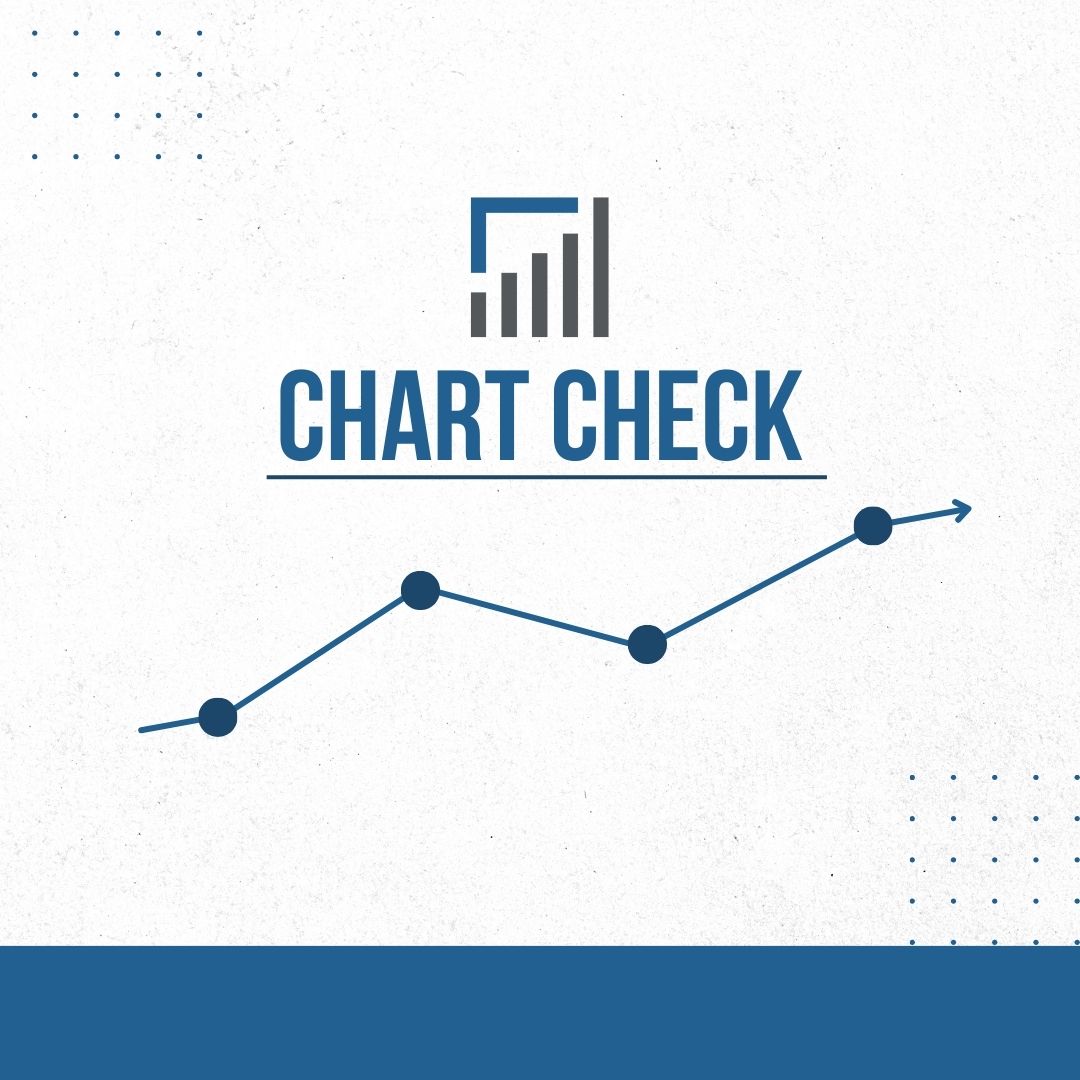Cryptocurrency has emerged as a notable player in the investment world, offering unique opportunities for investors. However, its novelty also brings unfamiliar tax obligations. The evolving nature of cryptocurrency and its recognition as an asset by various tax authorities, including the IRS in the United States, means that investors must be aware of and comply with specific tax regulations to avoid unexpected liabilities.
Capital Gains Tax on Cryptocurrency
One of the critical aspects of cryptocurrency investment is its susceptibility to capital gains tax. This tax is applicable when an investor realizes a profit from selling or exchanging their crypto assets. The IRS classifies these gains as taxable income, with the rate of taxation depending on the duration for which the cryptocurrency was held.
- Short-Term Capital Gains: If the cryptocurrency is held for less than a year, any profit from its sale is taxed as ordinary income, following the standard income tax rates.
- Long-Term Capital Gains: Conversely, holding the cryptocurrency for more than a year subjects the profits to long-term capital gains tax, which is generally lower than the ordinary income tax rates.
Understanding these categories is crucial for investors to accurately calculate their tax liabilities and make informed decisions about their investment strategies.
Tax Implications of Crypto-to-Crypto Transactions
The aspect of cryptocurrency taxation that is often less understood or overlooked involves transactions where one form of cryptocurrency is traded for another. As per the guidelines set by the Internal Revenue Service (IRS), engaging in such crypto-to-crypto exchanges is considered a taxable event. This pivotal tax rule implies that even when investors do not convert their cryptocurrency holdings into fiat currency, any gains realized from these trades are still liable to taxation. This situation can often catch investors off guard, as many may not be aware that exchanging cryptocurrencies – which might seem like a mere rebalancing of their portfolio – can actually lead to tax implications.
For example, let’s consider a scenario where an investor initially purchases Bitcoin for $5,000. As the market fluctuates, the value of Bitcoin rises, and the investor decides to leverage this increase by trading their Bitcoin for Ethereum. If at the time of this trade the value of the Bitcoin has doubled to $10,000, this transaction has generated a taxable gain of $5,000. This gain, as per the IRS regulations, is not isolated to the realm of theoretical profit but is a realized gain that must be reported on the investor’s tax return. This example underscores the importance of being vigilant and informed about every transaction made in the crypto space. It highlights that the realm of cryptocurrency is not just about market trends and investment strategies, but also about understanding and adhering to the tax implications that come with each trade. For cryptocurrency investors, staying informed about these tax rules is as crucial as any other aspect of their investment strategy to ensure they are not caught unprepared during tax season.
Importance of Record-Keeping
Effective and meticulous record-keeping is of paramount importance for investors in the cryptocurrency domain. The volatile and complex nature of cryptocurrency investments necessitates the maintenance of comprehensive and detailed documentation of every transaction. This documentation should encompass critical information such as the dates of transactions, the amounts involved, and the specific prices at both the time of purchase and sale. Such detailed record-keeping is not just a practice in organizational skills; it is essential for accurate tax reporting. This data plays a crucial role in determining the cost basis of each investment, a fundamental step in calculating any gains or losses incurred. This aspect of record-keeping is particularly significant given the rapid price fluctuations common in the cryptocurrency market, which can lead to significant variations in investment outcomes.
On the other hand, inadequate record-keeping can pose serious problems for cryptocurrency investors. When records are not kept accurately or are incomplete, it can lead to erroneous reporting of financial data to tax authorities. Such discrepancies can result in hefty penalties and the accrual of interest charges, which can be financially debilitating. Moreover, incorrect reporting can also flag an investor for potential audits, leading to a more thorough examination of their financial activities. Therefore, it is imperative for investors to utilize appropriate tools and methods to accurately and efficiently track their cryptocurrency transactions. Employing reliable software tools, maintaining regular updates of transaction logs, and even seeking professional advice when necessary are prudent steps in ensuring compliance with tax laws and regulations. By taking these measures, investors not only safeguard themselves against legal repercussions but also establish a foundation for responsible and informed investment practices in the cryptocurrency market.
Balancing Investment and Compliance
Investing in cryptocurrencies can be lucrative, but it requires a thorough understanding of the tax implications involved. By being well-informed and prepared, investors can effectively manage their tax liabilities, ensuring that their foray into cryptocurrency is profitable and compliant with tax regulations.
The key takeaway for investors is to stay updated on tax laws about cryptocurrencies, maintain accurate records of all transactions, and consider the tax implications in their investment strategy. This approach will safeguard against unexpected tax bills and optimize the overall investment experience in cryptocurrency’s dynamic and evolving landscape.
If you are a Legacy client and have questions, please do not hesitate to contact your Legacy advisor. If you are not a Legacy client and are interested in learning more about our approach to personalized wealth management, please contact us at 920.967.5020 or connect@lptrust.com.
This newsletter is provided for informational purposes only.
It is not intended as legal, accounting, or financial planning advice.




